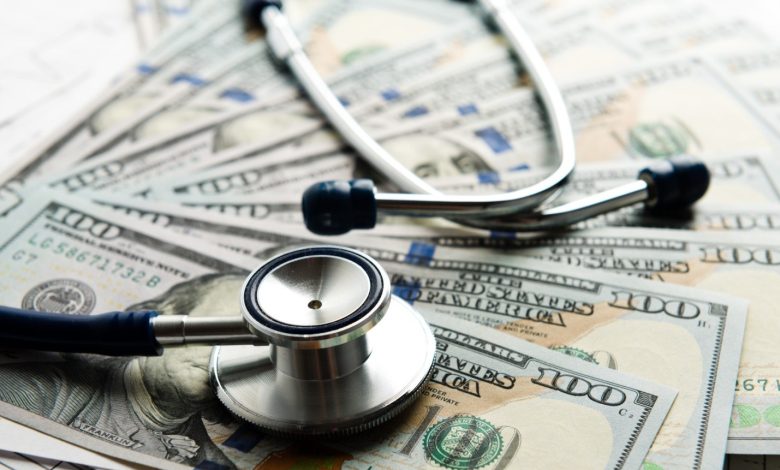5 Tips About What to Do if You’ve Suffered a Personal Injury

Each year Americans visit doctors’ offices for the treatment of 24.8 million unintentional injuries. While some of these are pure accidents where no one is at fault, many others are the result of another’s party’s actions.
If you find yourself suffering a personal injury, there are several steps that you need to take following the injury. This guide will explain how to deal with personal injury.
- Seek Medical Care
The first thing you should do when suffering a personal injury is to seek medical treatment. Your health should be your priority and top concern. Everything else comes after.
Depending on your injury, you may be able to see your primary care doctor the next day or drive yourself to an emergency care clinic. For severe injuries, you may need an ambulance to transport you to a hospital for immediate treatment.
- Talk to a Lawyer
Once you’ve received the necessary medical treatment and are stabilized, you can move on to speaking with a lawyer. This is where you’ll get valuable personal injury advice that explains your rights and ability to file a claim.
Don’t hire just any lawyer. You’ll want to hire someone with experience in cases similar to yours and with the necessary knowledge to aggressively pursue your case. The Sweet Lawyers blog post can help you know what to look for when hiring an attorney to represent you and your personal injury claim.
- Actively Participate
The key to a strong personal injury claim is evidence. Without it, it’s just your word against theirs. By actively participating in the evidence gathering and investigation process, you can help your lawyer build the strongest case possible.
Stay in close contact with your attorney and their team. They will have doctors, accident reconstruction specialists, and many other specialists that will need to work with you. This can seem tedious and annoying but is necessary to increase the odds of a successful claim.
- Keep Accurate Records
The key to achieving a full recovery for your losses is to have accurate records of your expenses. Your attorney can explain what you can include, which extends beyond your doctor bills. Save every piece of paper and document along with invoices and receipts.
These are just some of the expenses you can include in your claim:
- Doctor visits
- Medical equipment
- Prescriptions
- Ongoing care
- Funeral expenses
- Lost wages
- Loss of companionship
- Pain and suffering
- Punitive damages
- Focus On What You Can Control
The claim and legal process can be a long and arduous one. Try to not let it cause you additional stress. This can delay your healing process and even create more medical issues.
Accept that you cannot control the speed of recovery. Focus on the things you can control, like the amount of rest you’re getting. Don’t be afraid to find someone to speak with about your experience and frustrations.
This can help you process your emotions and keep stress down.
Recover From Your Personal Injury
These personal injury tips will come in handy should you ever find yourself in a situation where you’ve suffered an injury that is someone else’s fault. Always put your health first and the legal process second.
Check out our other legal-themed articles for more helpful advice on protecting and advocating for your rights.




